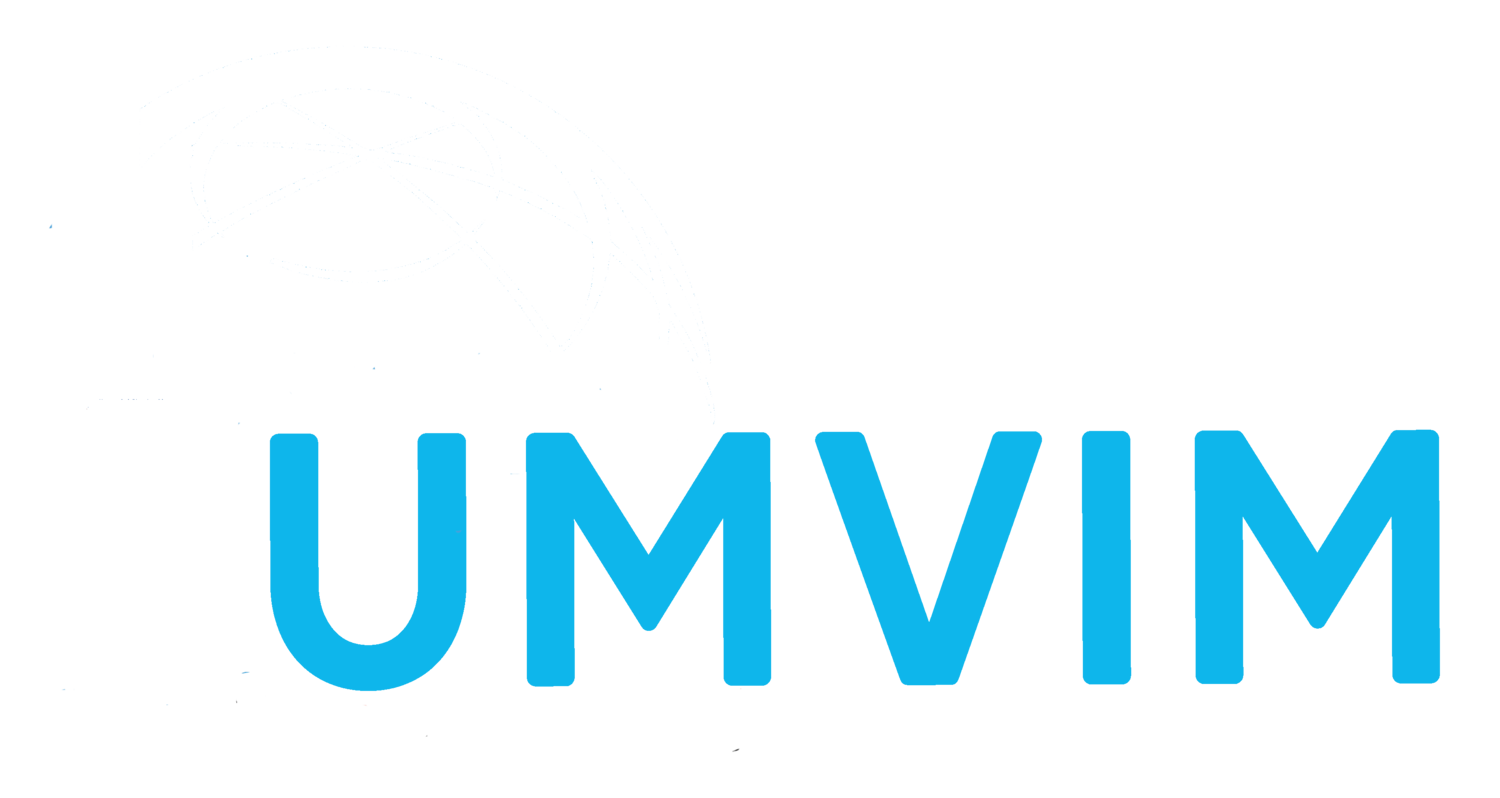Reflection on Race and Mission
I thought God had called me to spread the Gospel to those who needed it.
It was with this attitude that I left to go to Mozambique—to spread God’s word to those who needed to hear it. It wasn’t long before I realized that I was the one who needed to hear it most, and heard a call from God—this one louder—saying, “They don’t need you—you need them. They know me more than you do. Shut up and listen.”
While there, a professor invited me to imagine those who I felt “needed the gospel” and helped me realize that they often had darker skin than mine.
The recent killings of Black men by police and the recent protests have caused a lot of us to pause and take stock of our own prejudices, mistakes, and assumption about race and racism in our society. Like many of you, I’ve been asking myself how this relates to the work I do, and my call to ministry.
I do not want to speak for all of the church, for all mission teams or volunteers, or all churches. I can only be honest about my experiences, mistakes, and sins.
I recognize that, historically, some of the ways the church has “done” mission have been built on a foundation of racial stereotypes and assumptions—whether spoken or unspoken. For centuries the Western church believed that we had a monopoly on the Gospel and on the interpretation of God’s word and believed it had a duty to spread its beliefs to those “outside” the church—namely, those with darker skin. They were callously and arrogantly called “heathens” because they didn’t believe or look the right way, and because the church felt there was a formula to salvation and only it had the answer. All of this ignored the fact that Jesus resembled those who needed to be “evangelized” to more than those doing the “evangelizing”—and that during much of his ministry he warned against people who were certain that only they knew the way to God.
Over the centuries, the church has learned many tough lessons, and at UMVIM we try our best to teach and train teams and team leaders about those lessons, and to not be afraid to have difficult conversations about culture, race, and how it interacts with the work we do.
One of our most central tenets as Wesleyans is to “do no harm.” We try to take that seriously and recognize that, in God’s name, much harm has been done in the past and we need to learn from those mistakes. This is why UMVIM teams are taught the importance of only going when invited, and the need to listen to project leaders and community members who have ingratiated themselves in the populations UMVIM serves with.
I must recognize that the issue of race is not something relegated to history, but is still something that we must reflect on today, because there is still harm that is done in God’s name. I have struggled to write about this because I know my thoughts might distract from the voices of those we need to hear the most, and because I know that participating in a mission journey is, more often than not, privilege that many will never have.
All of us, including UMVIM team leaders and members, need to have these conversations. I hope that those of us who consider ourselves a part of God’s mission will take the time and make space for those conversations—difficult as they may be—and reflect on the damage that is done by dividing God’s kingdom into “us” and “them,” (or, in some cases, Black and white) and make changes. We are still not done learning those difficult lessons and hope God will grant us the wisdom to realize that racism is still alive and is still present in our church, and the strength to help us break our assumptions and rebuild our faith into the image of Christ.
-Rev. Matt Lacey, Executive Director, UMVIM, SEJ
matt_lacey@umvim.org
